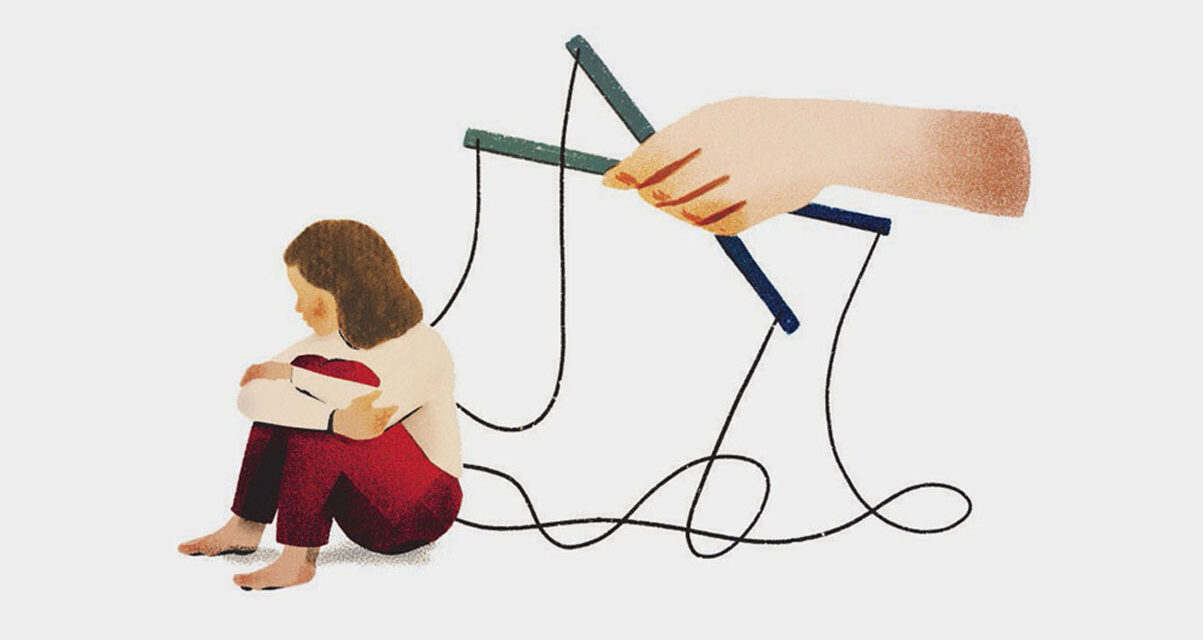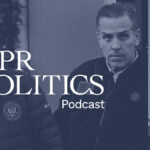
Utah sues TikTok for manipulating children into addictive social media habits

In the ever-evolving tapestry of the digital age, where new platforms emerge at breakneck speed, the ethical responsibility of tech companies comes into sharp focus. A central figure in this unfolding drama is TikTok, an app accused of seducing young minds with its addictive features, all while operating under the shadows of its Chinese parent company, ByteDance.
Utah has now stepped into the fray, launching a lawsuit that paints TikTok as a wolf in sheep’s clothing. The state alleges that TikTok provides false assurances about user safety while strategically downplaying its profound ties to China. Given that Chinese laws might compel companies to turn over vital internal data under the cloak of national security, apprehensions about TikTok’s roots in China are far from baseless.
TikTok’s deliberate engineering, aimed at retaining the attention of the young, is a cornerstone of Utah’s concern. By likening the app’s features to the insidious allure of slot machines, it’s posited that these tools are fine-tuned to guarantee a perpetual dopamine surge for its users. In doing so, they’re not only kept engrossed but are also subjected to a deluge of curated content, leaving them vulnerable to potential influences and manipulation.
Governor Spencer Cox’s words resound with an urgency that underscores this sentiment: “Social media companies must be held responsible for the harms they are causing,” he stated. Utah’s lawsuit is further bolstered by unsettling research findings, such as those highlighting the increased mental health risks faced by children who spend extensive hours on social media.
But Utah isn’t just stopping at accusations. In a bid to stem the tide of unchecked social media access, it has pioneered laws that promise to transform how children navigate these platforms. Set to roll out next year, these laws will introduce a digital curfew, demand stringent age verifications, and even allow parents unparalleled access to their children’s digital footprints.
However, every coin has two sides. There’s growing concern that such overarching measures might inadvertently exacerbate the very mental health issues they aim to combat. One of the most poignant criticisms comes from child rights advocates, who caution against the potential repercussions for LGBTQ+ children. “Depriving children of privacy, especially those grappling with their identities, can lead to dire consequences in non-supportive households,” says one advocate.
In a recent press conference, Utah Attorney General Sean Reyes pulled no punches: “TikTok designed and employs algorithm features that spoon-feed kids endless, highly curated content from which our children struggle to disengage. TikTok designed these features to mimic a cruel slot machine that hooks kids’ attention and does not let them go.”
In sum, TikTok’s entanglement with the young isn’t just a state or national issue; it’s a clarion call for a global examination of our rapidly evolving digital norms. This tussle underscores the need to protect our youth from international behemoths that may not prioritize their well-being. As the world watches Utah’s bold moves, it remains to be seen whether these measures will set a precedent or if the digital quagmire is too complex to navigate with simplistic solutions.

























Tempest in a tea pot, Mountain out of a mole hill. Why do the right wing trouble makers pick minor…
When a tree falls in the forest and nobody hears it, does it make a noise? Maybe that's what this…
Seth. Intelligent debate tactics from your comments. Strictly sticking to the pertinent facts argument points raised by Larry is a…
At last Larry has been heard from with "Leave a Reply". We know Larry is the author of the Reply…
Trump is probably the most fit President we have had in the White House for a President at any age.…